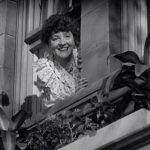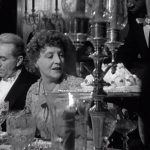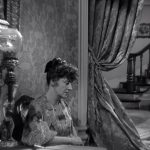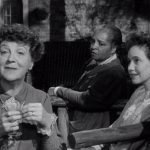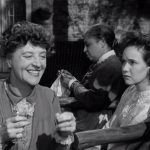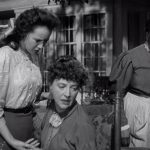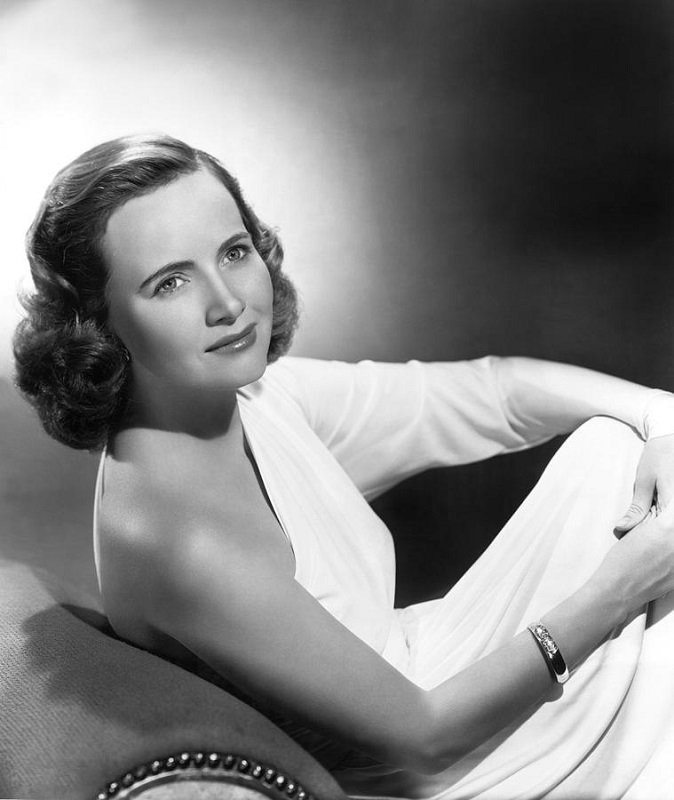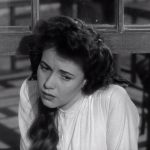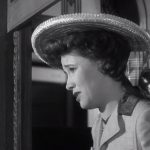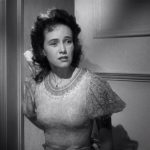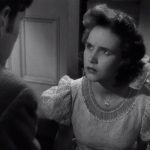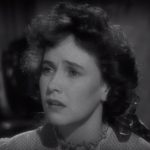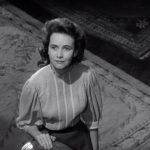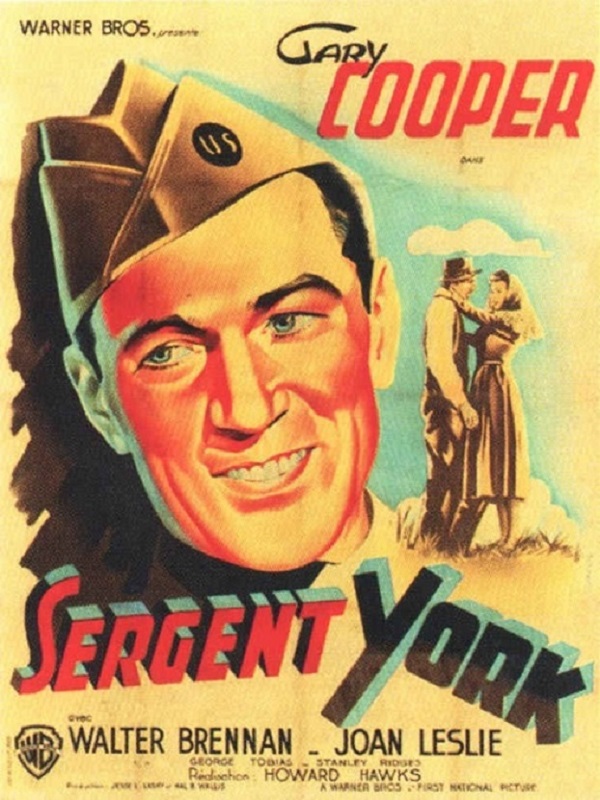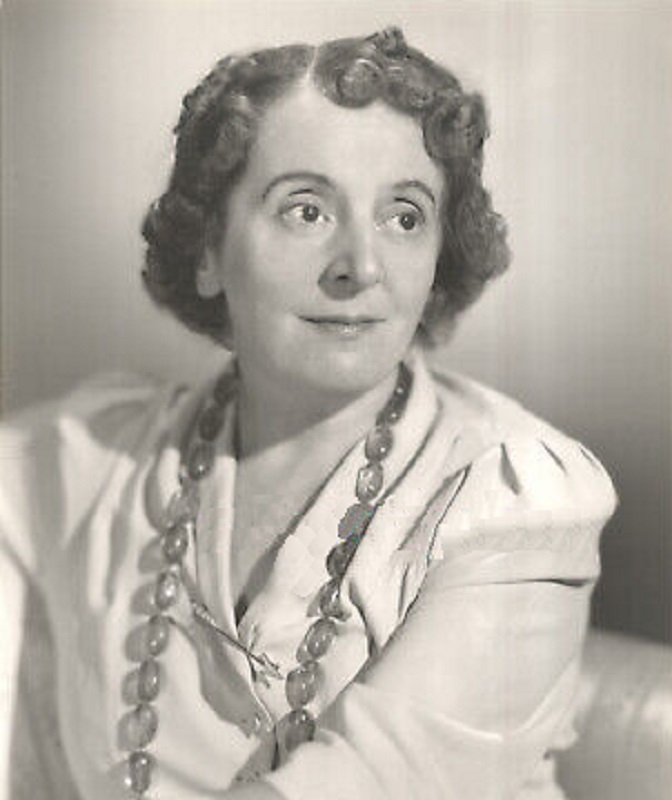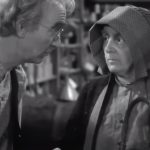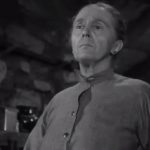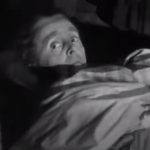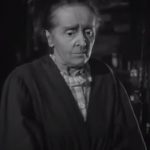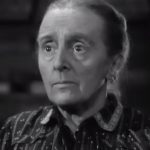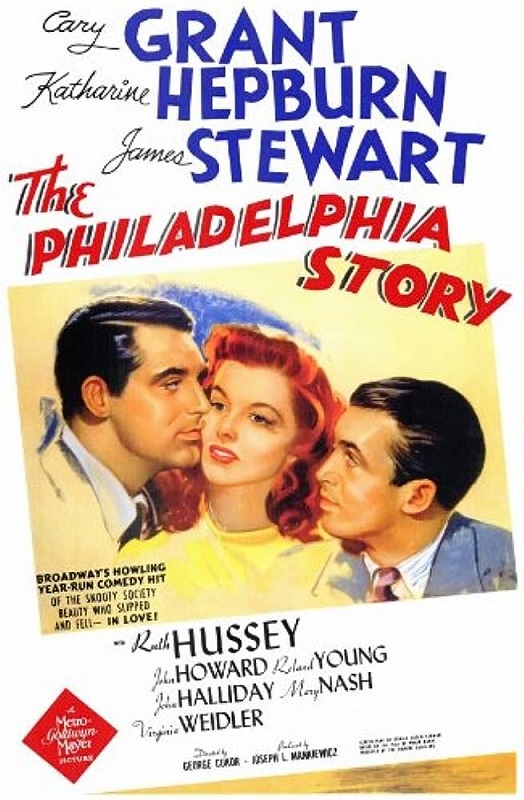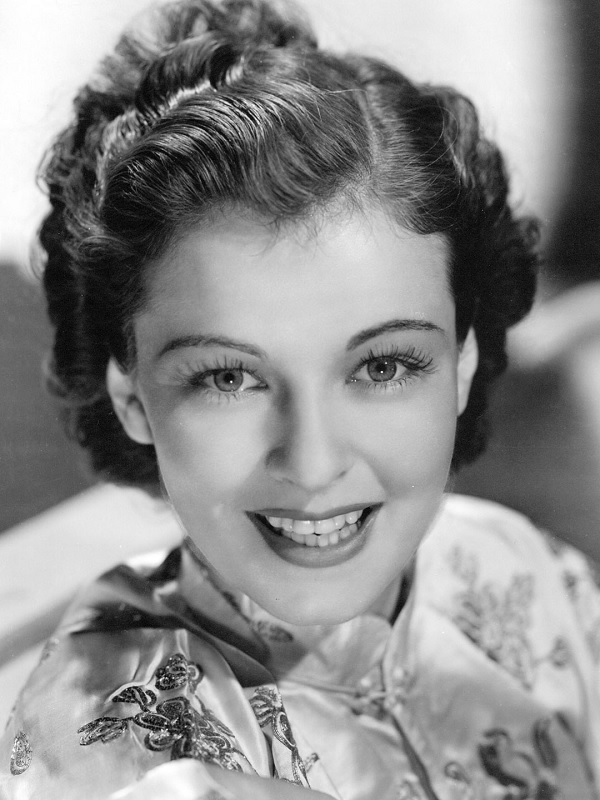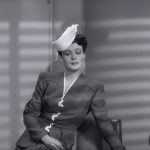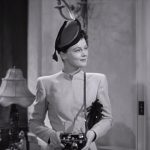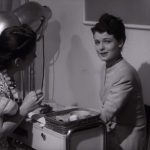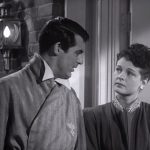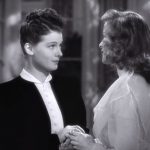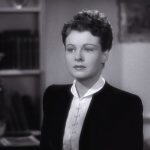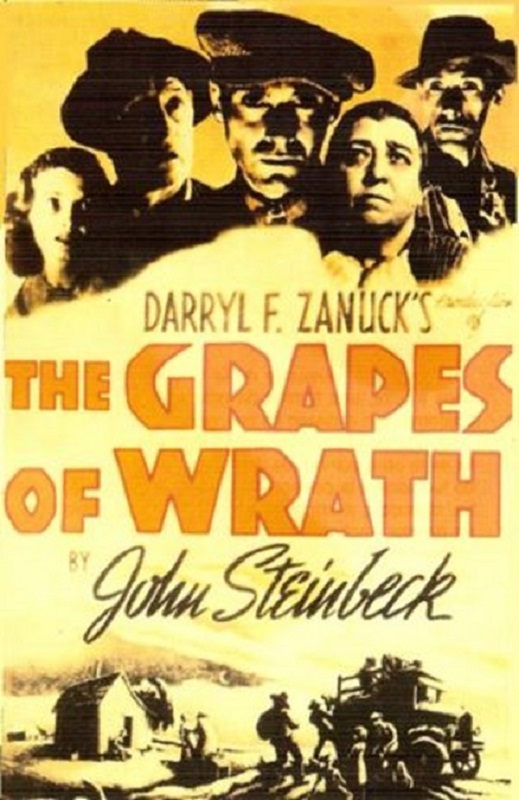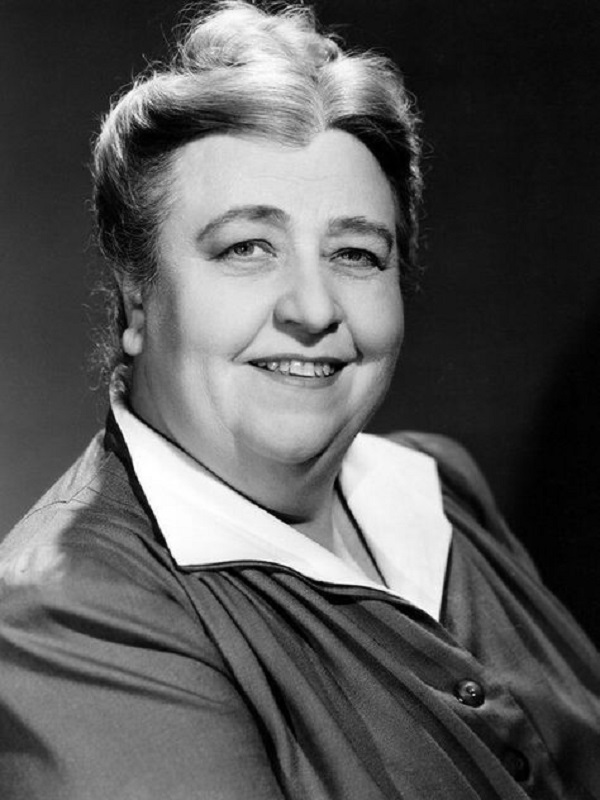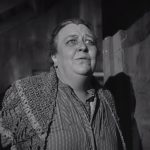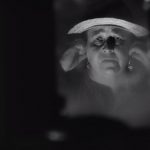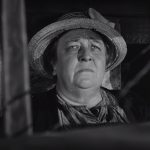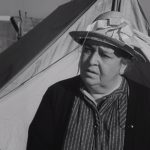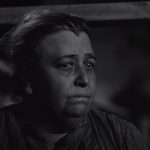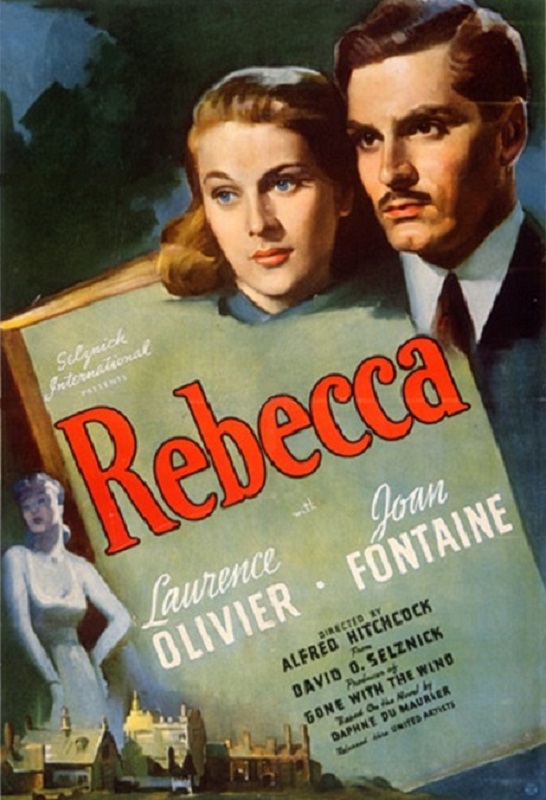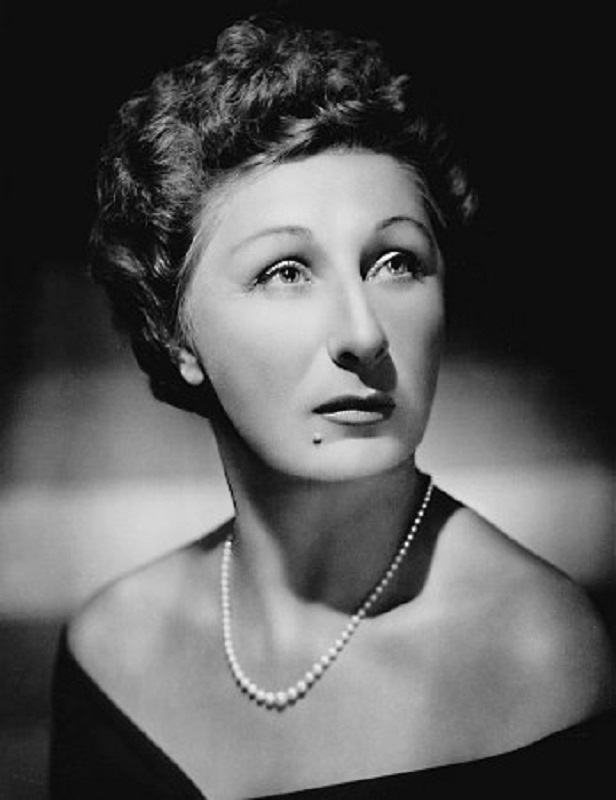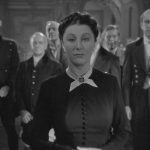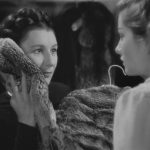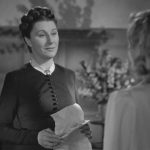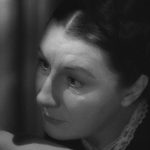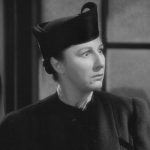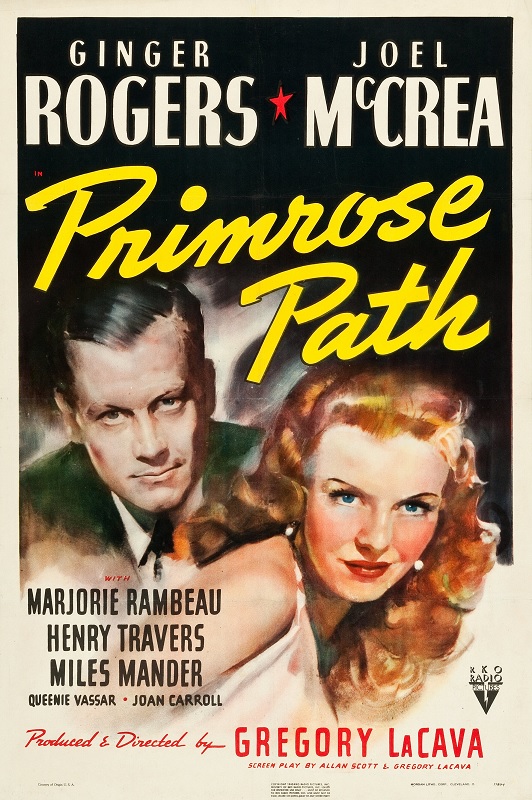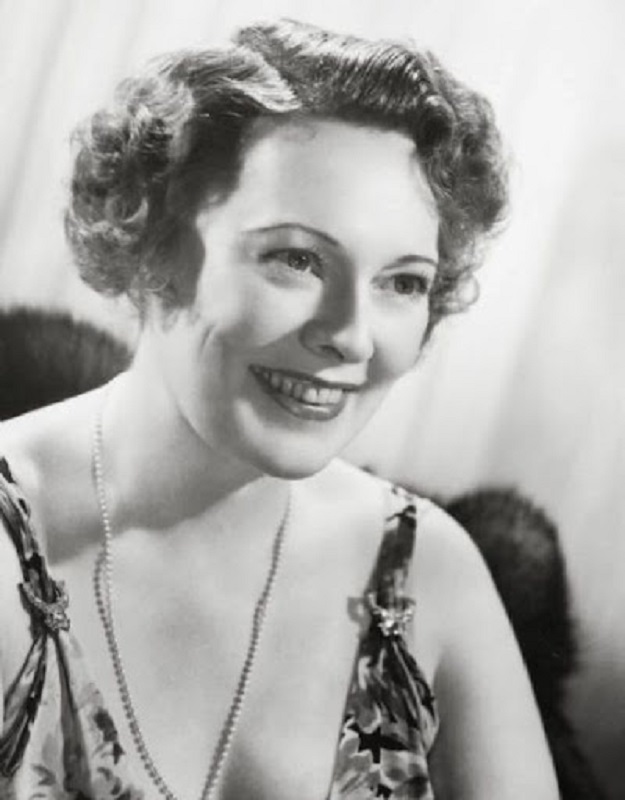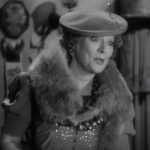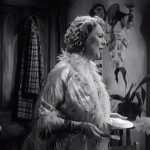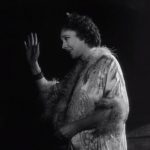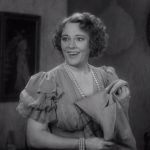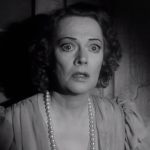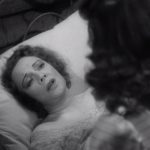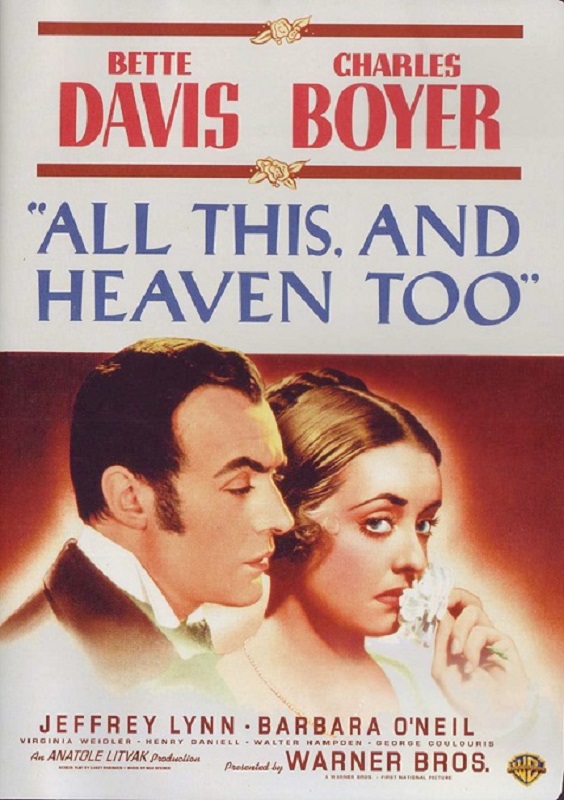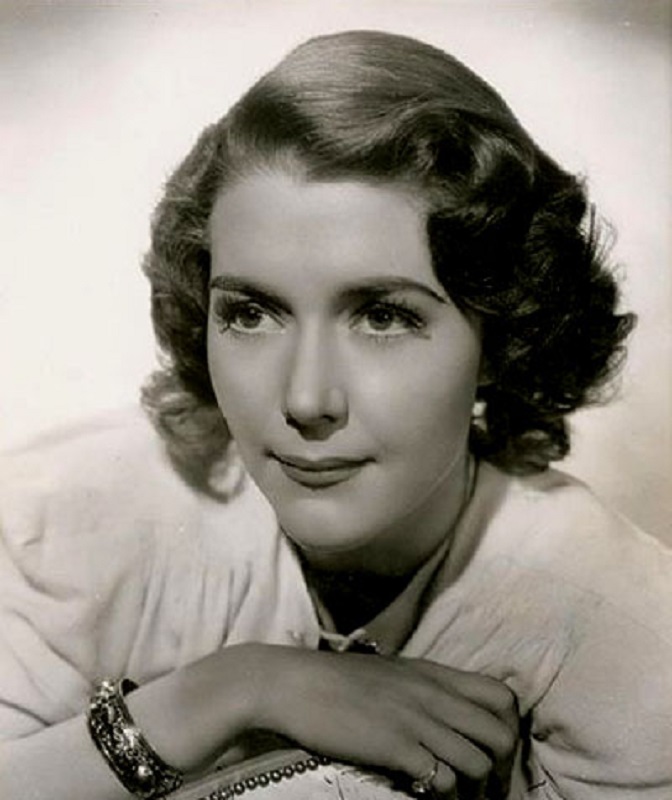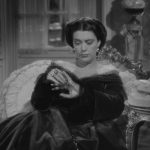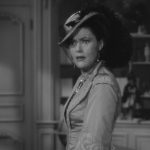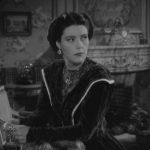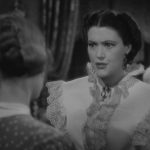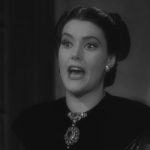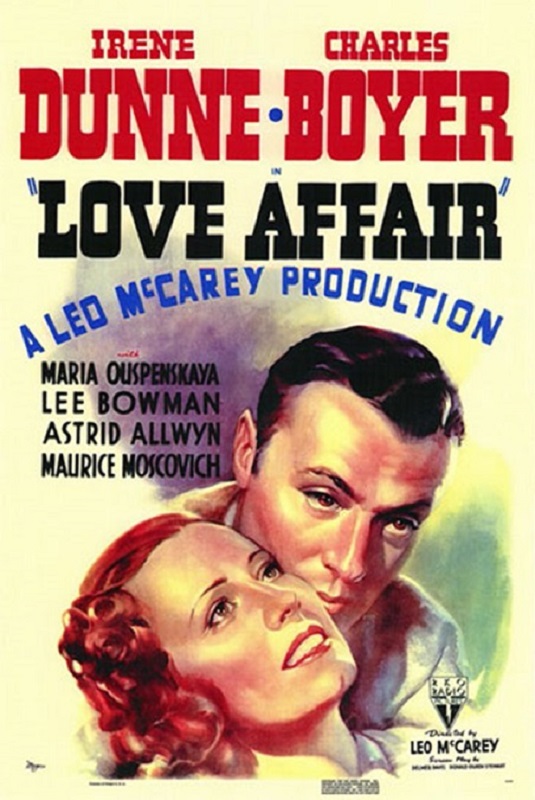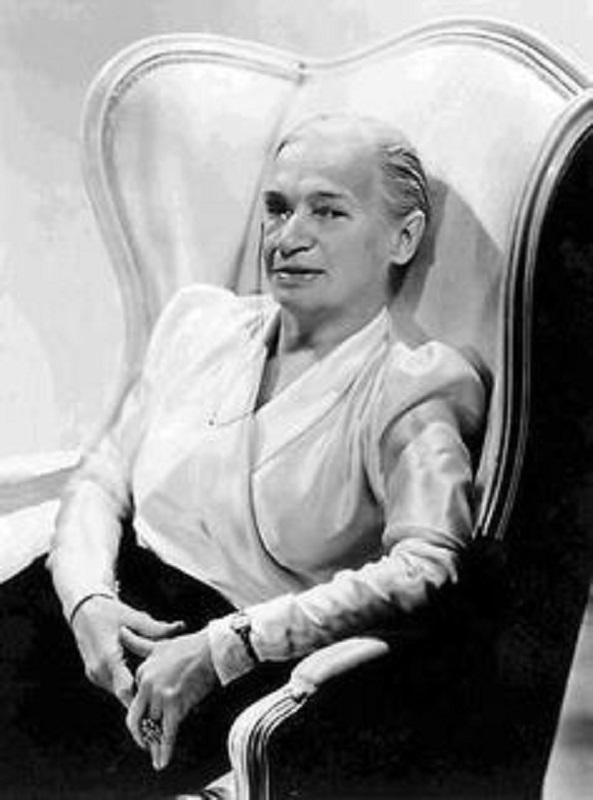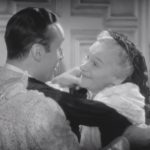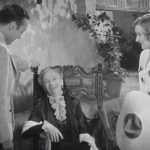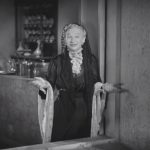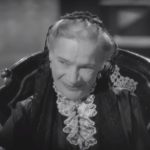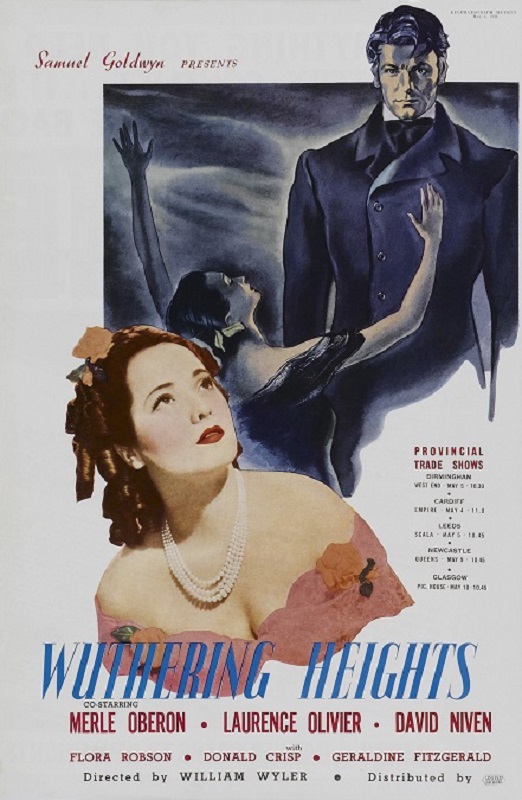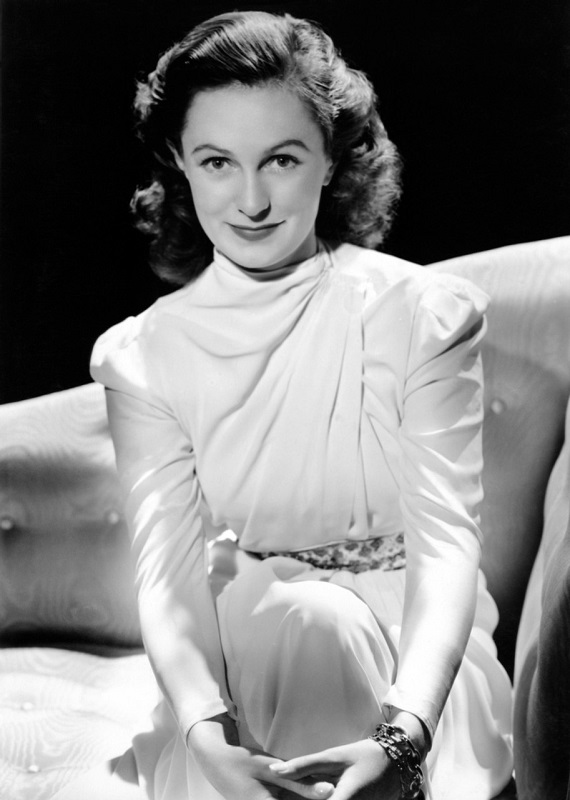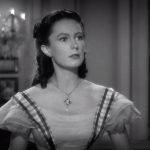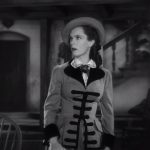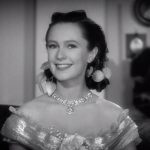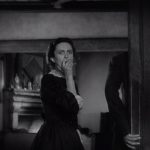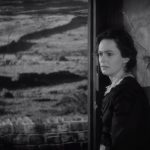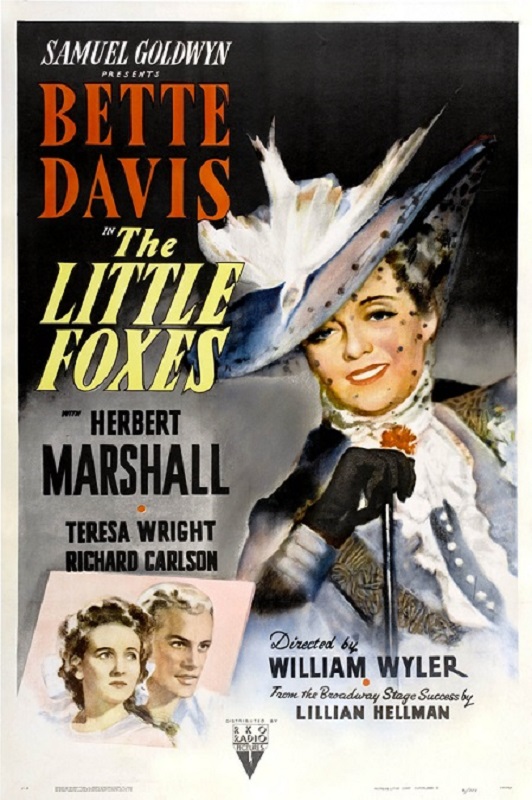
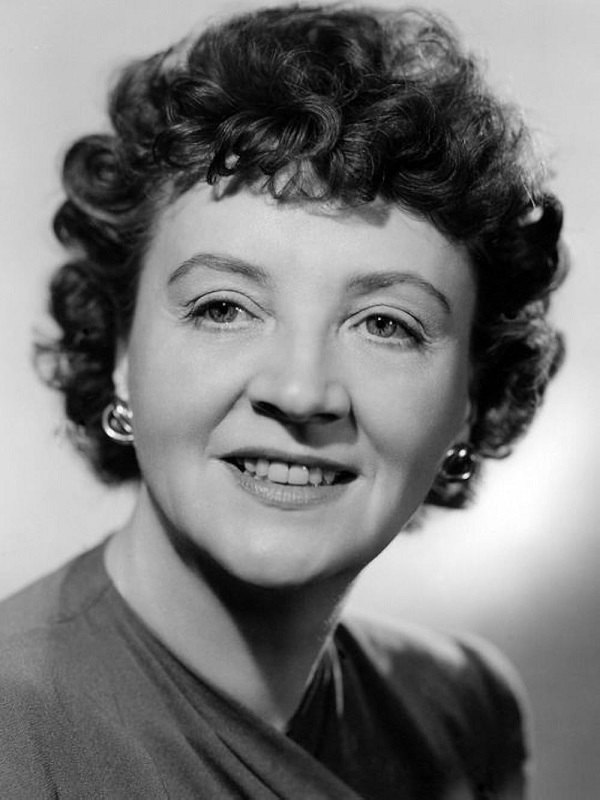

1941 – Patricia Collinge
The Little Foxes
I have to say, I have never heard of Patricia Collinge before now, but I was very impressed with her supporting roll performance in this movie. She really stood out to me as a wonderful actress who did an incredible job creating a memorable character. And the thing is, she did this without much screen time. She played Birdie Hubbard, the emotionally and mentally abused wife of Oscar Hubbard. Before marriage, she had been the daughter and heiress of a wealthy cotton plantation, though she now knows, and is constantly reminded, that Oscar had only married her to take her inheritance for himself. So she drinks.
Collinge was so good in this role. First, Birdie was a bit of a chatterbox, though her husband habitually chastises her to silence. He publicly berates her in front of family and guests alike. He treats her like dirt under his shoes. Even her son, Leo, takes after his father, and is more-or-less apathetic about her. The only solace she has from her miserable existence is her memories of her dear mother, and alcohol. She has been treated like garbage for so long, she doesn’t know how to feel like anything else. It was a sad and pathetic role, and Collinge played it perfectly.
From her mousy body language to her haggard and tired facial expressions, from the haunted, chaffed look in her eyes, to the clear and obvious depression, Collinge did a fantastic job. There were two scenes that stick out in my memory. The first was such a brief and subtle moment after a business dinner. Her husband and brother-in-law were trying to schmooze a prospective business partner into going into business with the family. She tried to contribute to the conversation, but was summarily shushed and chided for drinking too much and speaking too much. After the businessman left, the conversation continued in the parlor, and you could see Birdie sitting alone in the background, looking forlorn and hurt to the point of tears.
The other was when she had an alcohol induced breakdown, admitting all her woes and sorrows, and ending up a sobbing mess. Collinge did it all with pathos and desperation that was heart-wrenching to watch. Her emotion really stood out, even next to the likes of Bette Davis and Teresa Wright. I loved her performance.
